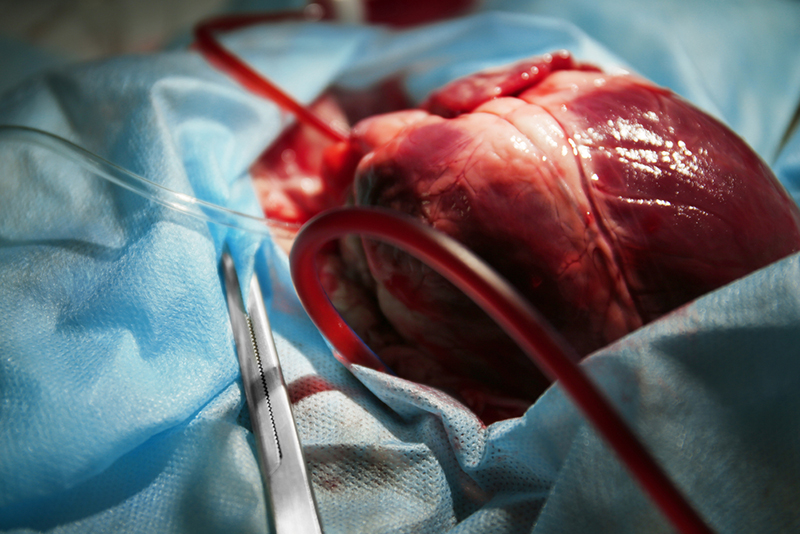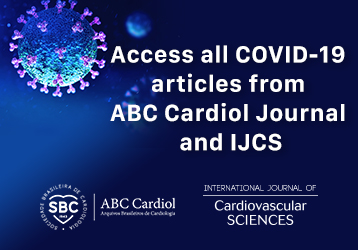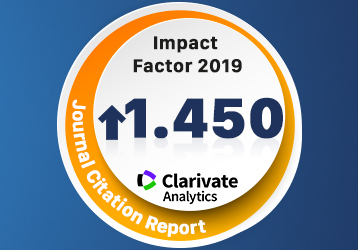Volume 110, Nº 2, February 2018
DOI: http://www.dx.doi.org/10.5935/abc.20180014
ORIGINAL ARTICLE
Heart Transplantation for Peripartum Cardiomyopathy: A Single Center Experience
Nadia Bouabdallaoui
Pierre Demondion
Sylvestre Maréchaux
Shaida Varnous
Guillaume Lebreton
Frédéric Mouquet
Pascal Leprince

Abstract
Background: Peripartum cardiomyopathy is an idiopathic disorder defined by the occurrence of acute heart failure during late pregnancy or post-partum period in the absence of any other definable cause. Its clinical course is variable and severe cases might require heart transplantation.
Objective: To investigate long-term outcomes after heart transplantation (HT) for peripartum cardiomyopathy (PPCM).
Methods: Out of a single-center series of 1938 HT, 14 HT were performed for PPCM. We evaluated clinical characteristics, transplant-related complications, and long-term outcomes, in comparison with 28 sex-matched controls. Primary endpoint was death from any cause; secondary endpoints were transplant-related complications (rejection, infection, cardiac allograft vasculopathy). A value of p < 0.05 was considered of statistical significance.
Results: PPCM patients and matched controls were comparable for most variables (all p values > 0.05), except for a higher use of inotropes at the time of HT in PPCM group (p = 0.03). During a median follow-up of 7.7 years, 16 patients died, 3 (21.5%) in PPCM group and 13 (46.5%) in control group. Mortality was significantly lower in PPCM group (p = 0.03). No significant difference was found in terms of transplant-related complications (p > 0.05).
Conclusions: Long-term outcomes following HT for PPCM are favorable. Heart transplantation is a valuable option for PPCM patients who did not recover significantly under medical treatment. (Arq Bras Cardiol. 2018; 110(2):181-187)
Keywords: Heart Failure; Cardiomyopathies / mortality; Peripartum Period; Heart Transplantation; Graft Rejection. / mortality.















